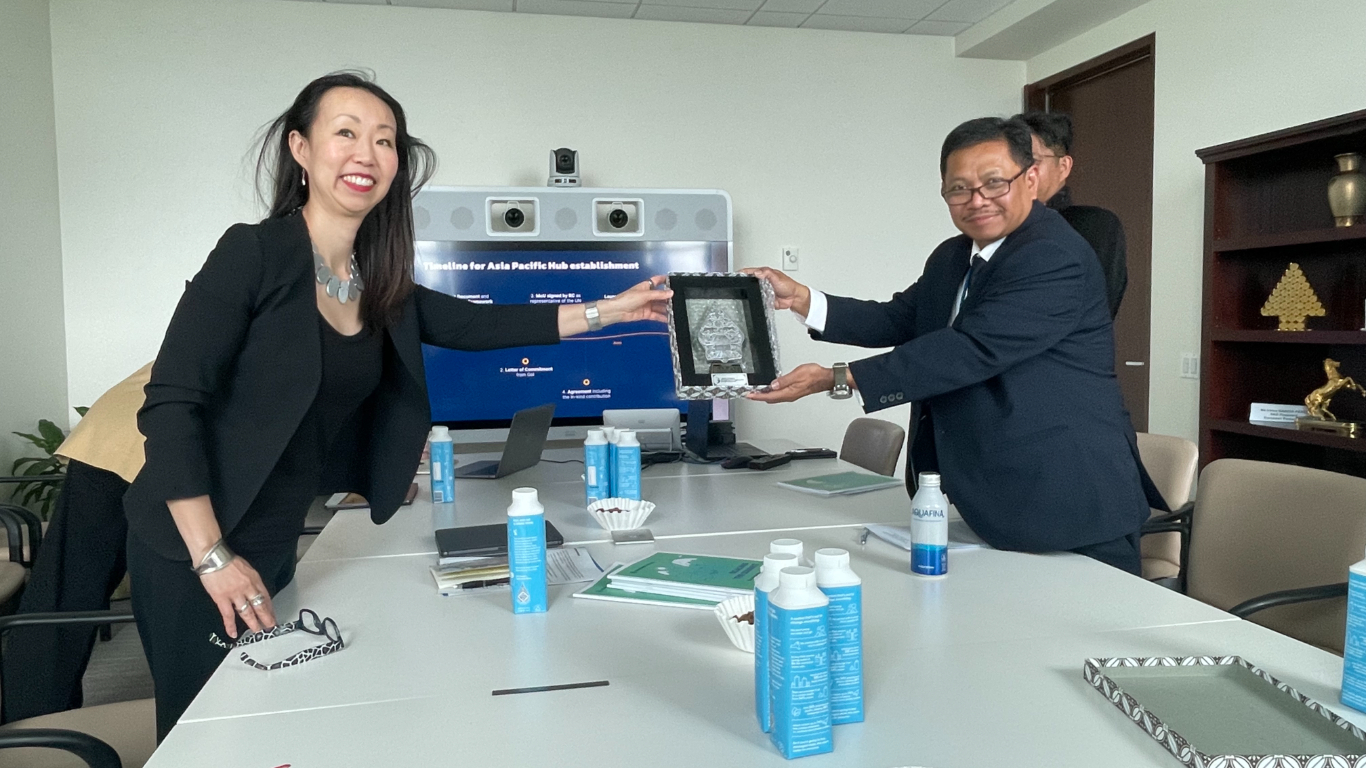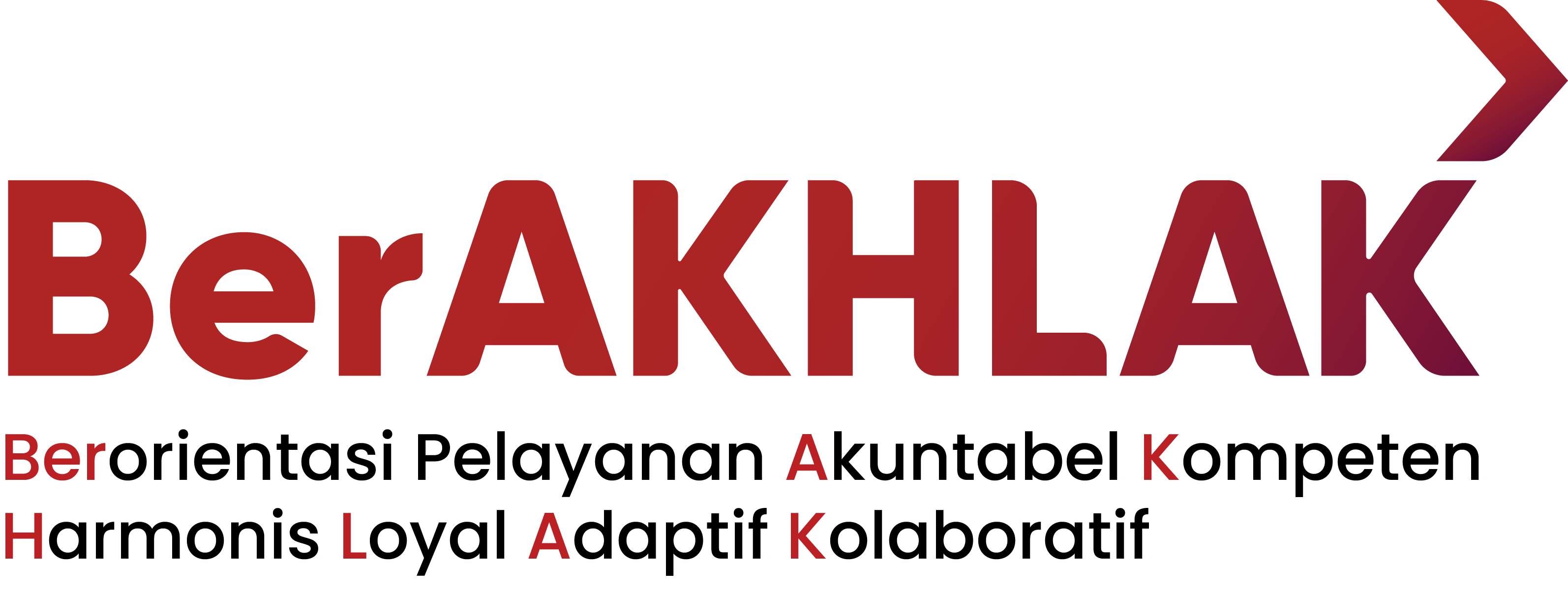Bappenas Commits Support Towards UN Global Pulse Asia Pacific
Partnership News - Wed, 03 May 2023

The Government of Indonesia, represented by the Ministry of National Development Planning/Bappenas, and the Government of Australia are committed to supporting the transition of the Jakarta Pulse Lab into the United Nations Global Pulse Asia Pacific (UNGP-AP) in Jakarta as a regional innovation center to address current and future challenges in the Asia-Pacific region.
This is in line with Indonesia’s 2022 G20 Presidency mandate on digital innovation to strengthen digital transformation in Asia-Pacific, where the transformation of Pulse Lab Jakarta into a regional entity is necessary to meet the growing demand for evidence-based innovation and policy-making systems. This commitment was announced at the Multi-Stakeholder Forum on Science, Technology, and Innovation for Sustainable Development Goals (STI Forum 2023) on Wednesday (3/5) at the United Nations Headquarters in New York, United States.
Since its founding in 2012, Pulse Lab Jakarta has undertaken more than 100 unique data innovation projects and around 50 new partnerships with the private sector, development agencies and government agencies.
“The Indonesian government is supporting Pulse Lab Jakarta’s transition to the Asia-Pacific UNGP, creating and enhancing the right conditions for experimentation, accelerated scale, and widespread adoption of innovative approaches. We look forward to working with the United Nations, member countries and other stakeholders in accelerating the implementation of the 2030 Agenda through increased innovation, especially in the Asia-Pacific,” said Bappenas Main Secretary Taufik Hanafi.
As a collaborator of Pulse Lab Jakarta, Indonesia has been a part of the transformation process and has learned the importance of fostering innovation while keeping three important factors in mind to support solutions improvement.
These factors include space for co-creation, to bring together diverse perspectives and expertise from various stakeholders to generate new ideas and drive innovation forward. Other factors include strategic, sufficient, and flexible resources, the need for the right mix of skills, and more flexible funding to ensure greater and lasting impact.
The final factor is the knowledge center and various good practices, to build a knowledge center that can document the experiences, results, tools, and research obtained from each innovation.


